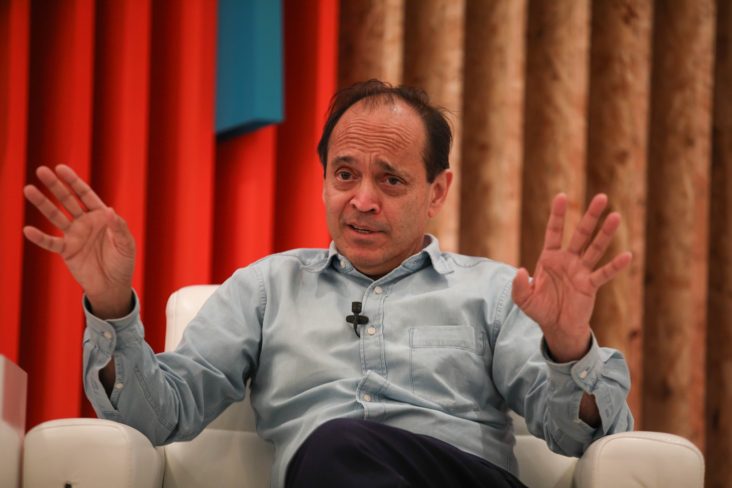Vikram Seth At SIBF 2019: I Can Never Say No To Poetry

It is a question that has been dogging the celebrated Indian poet and author Vikram Seth for 25 years now. “Any function I go to, whoever I meet, they all have the same question,” says Seth resignedly. “So, by now, I have learnt to reply with good grace!”
That question pertains to his most successful novel to date, A Suitable Boy. His fans have been clamouring for a sequel to this Indian family saga, and after a quarter of a century of refusing to consider it, Seth has finally come around to working on it. Titled, rather unsurprisingly, A Suitable Girl, the protagonist is now a girl and it is set in the present.
That is all Seth is willing to divulge now, other than to say it is coming along, with no promise of a publishing date.
He is more willing to elaborate on an aspect of writing that many writers have dismissed as sheer laziness or procrastination – writer’s block.
“Yes, it is very real for me,” he says. “While I was writing Golden Gate – which I wrote for eight years and took two years to recover from – for a period of eight to nine months I could not write. I got no ideas at all. So, I did other things. That I believe is the best way to deal with it and get back to it when the ideas start coming back.”
What Seth did during that period was write another book. He wrote the children’s book Beastly Tales, that was published in 1991, and then went back to writing A Suitable Boy as the ideas had started flowing again.
Seth however takes writer’s block seriously. He has even written a poem about it, titled ‘Can’t’, which he proceeds to recite to the audience.
Seth is also big on research, and in situations where he cannot do it himself – as in researching people’s parallel lives on social media – he employs researchers. “Not being on social media, I would not know how to go about it,” he says. “So, I have two 18-year-old consultants who give me the information I require.”
Poetry remains his first love, and he can never say no to a poem waiting to be written. “If a poem comes to me, if the pressure of a poem comes to me, or the inspiration for it comes to me, then I break off whatever I am doing, even if I am in the mid-scene of a novel,” says Seth. “I might incorporate it into the novel, but I don’t say no to poetry. If it comes, it comes.”
Seth is as fond of ‘performing’ his poems as he is of writing them. He decides to end the audience interaction with a recitation of his poem Fire. His recitation is infectious, and he sweeps the audience along with him, stamping his feet and chanting in rhythm. He receives a standing ovation for it.

